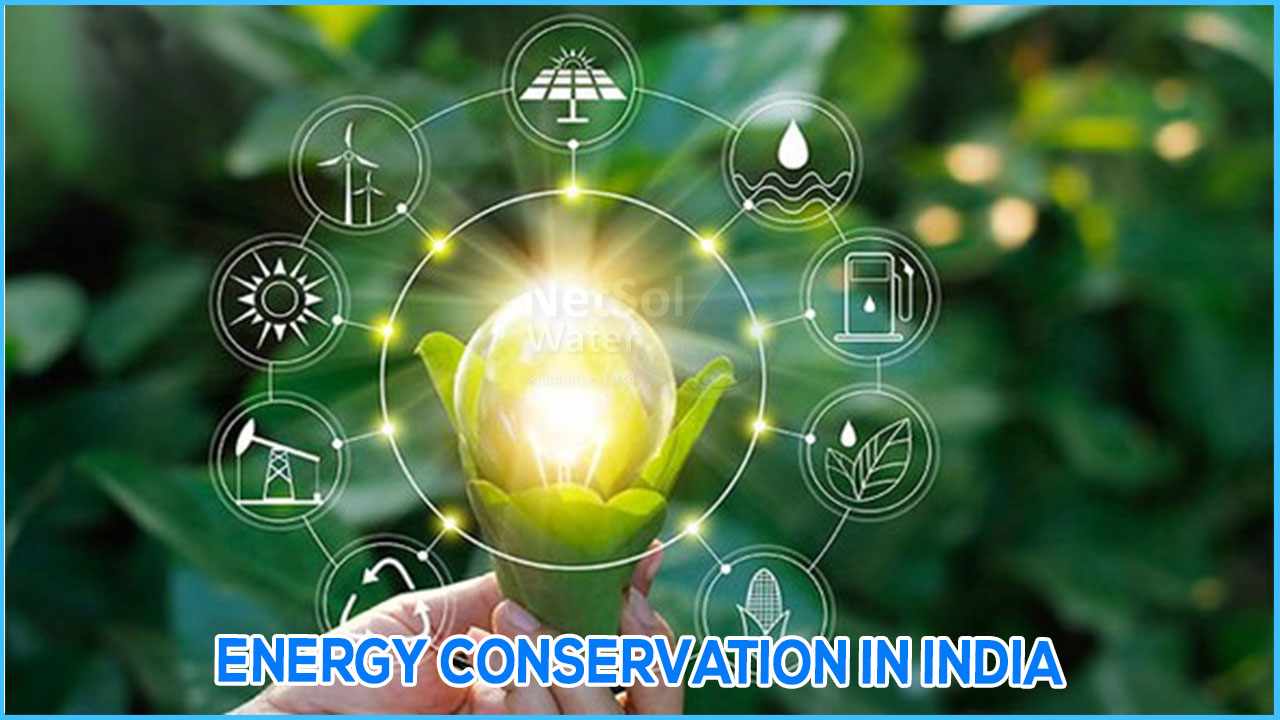WHAT IS ENERGY CONSERVATION?
Energy conservation can be broadly defined as the efficient use of energy. The reduction or elimination of unnecessary or unwanted energy use is referred to as energy conservation. It can be accomplished by using less energy to perform a given amount of work or by not using energy at all. Globally, energy conservation has enormous potential to boost economic growth while reducing greenhouse gas emissions (GHG). More than two decades ago, India began implementing energy conservation measures and has since established a clear policy architecture for promoting energy conservation.
It can be attained through efficient energy use, in which energy use is reduced while achieving the same result, or through reduced consumption of energy services. It is one of the simplest ways to help the environment by reducing pollution and utilising natural energy.
IMPORTANCE OF ENERGY CONSERVATION
Energy conservation is an important factor in mitigating climate change. It aids in the substitution of renewable energy for non-renewable resources. Energy conservation is frequently the most cost-effective solution to energy shortages, as well as a more environmentally friendly alternative to increased energy production. The importance of energy conservation is as follows: -
1. When we save energy, we save the country a lot of money - Approximately 75% of our crude oil requirements are met through imports, which cost approximately Rs.1,50,000 crore per year.
2. We save money when we save energy. Consider how much money you could save if your LPG cylinder arrived for an extra week or if your electricity bills were reduced.
3. The majority of the energy sources we use cannot be reused or renewed – non-renewable energy sources account for 80% of total fuel consumption. It is estimated that our energy resources will only last another 40 years or so.
4. We consume energy faster than it can be produced. The most commonly used energy sources, coal, oil, and natural gas, take thousands of years to form.
5. We save energy by saving energy - When we use fuel wood efficiently, our fuel wood requirements are reduced, as is our drudgery for collecting it.
6. Energy saved equals energy generated - Saving one unit of energy equals producing two units of energy.
7. Save energy to reduce pollution - Energy production and consumption account for a significant portion of air pollution and more than 83 percent of greenhouse gas emissions.
8. Energy resources are limited - India has about 1% of the world's energy resources but 16% of the world's population.
You May Like: Conservation of Water Resources in India Importance and Need
BENEFITS OF ENERGY CONSUMPTION
1. Promote Health: Pollution causes or worsens a wide range of serious medical issues, including lung cancer and asthma. By conserving fuel, people can also protect the health of their fellow humans.
2. Reduce Living Expenses: When the general public consumes less fuel or electricity, prices fall as a result.
3. Limited Resources: People can focus on ensuring that budget - friendly energy is available for future generations by conserving electricity.
4. Benefits Environment as well as Protect Wildlife: It reduces direct air pollution caused by machinery, vehicles, and power plants. Conservation also lowers the number of hazardous extraction projects and spills. It can make better environmental outcomes.
5. Fewer Power Plants: Utilities will not need to build as many power plants if the public conserves electricity.
6. Reduce Dependence: Conservation makes relying on local and regional energy supplies more feasible.



